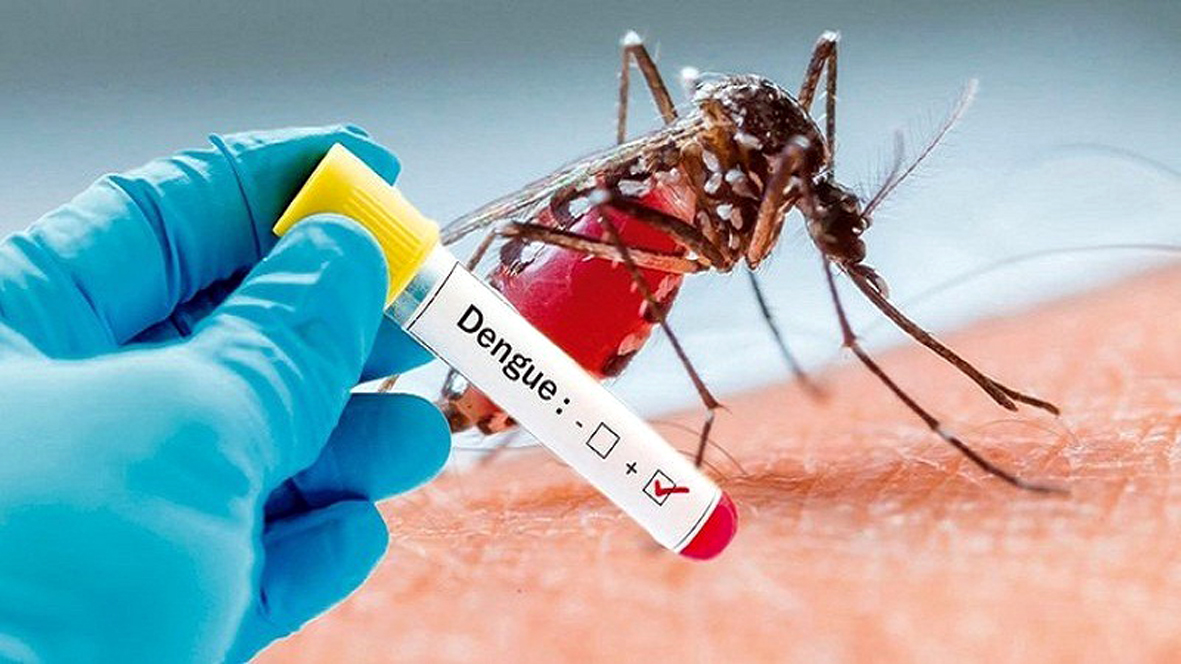Excelsior Correspondent
JAMMU, Aug 6: The Jammu region has thus far witnessed 25 cases of vector-borne dengue infections.
Although patients are experiencing mild symptoms, health officials are taking measures to prevent the potential spread of an epidemic.
Dr Harjeet Rai, the State Malariologist, revealed that since January, a total of 25 cases of dengue have been documented.
Among these cases, he said, the majority are concentrated in Jammu District, with only a few instances reported from Udhampur, Kathua, and Samba.
Notably, no dengue patients have been hospitalized as of now, as all cases were managed on an outpatient basis.
To address the situation, Secretary of the Health and Medical Education Department, Bhupinder Kumar, conducted a review meeting on August 3. The meeting included Principals from all GMCs of J&K, the Directors of Health Services for Jammu and Kashmir, officials from the Health and Medical Education Department, representatives from the Jammu Municipal Corporation, Medical Superintendents from Jammu Division, Chief Medical Officers from various districts, State Surveillance Officers from Jammu and Kashmir, and other officials.
During the meeting, Kumar emphasized a three-pronged strategy for controlling and preventing the further spread of dengue. This strategy includes focusing on case management, information, education, and communication (IEC/BCC) campaigns, and integrated vector control management.
To execute these plans, Kumar called for an aggressive IEC/BCC campaign to be carried out through local radio, television, and Jammu Municipal Corporation’s garbage collection vans.
Additionally, he issued directives to enhance surveillance activities for vector-borne diseases in districts. He also asked for identification and prioritisation of high-risk areas, to develop a comprehensive strategy for the integrated vector management (IVM).
Kumar underscored the importance of ensuring the availability of diagnostic kits, drugs, insecticides, and other necessary logistics in all districts of Jammu division.
He urged all Chief Medical Officers to step up surveillance efforts and implement source reduction activities to effectively control the spread of dengue.
In an effort to stop the spread of the vector-borne infections during the monsoon season, the authorities are also releasing Gambusia fishes in the ponds in some of the districts which are potentially vulnerable to the spread of the epidemic. These fishes eat the larvae of the mosquitoes to control the infection.


